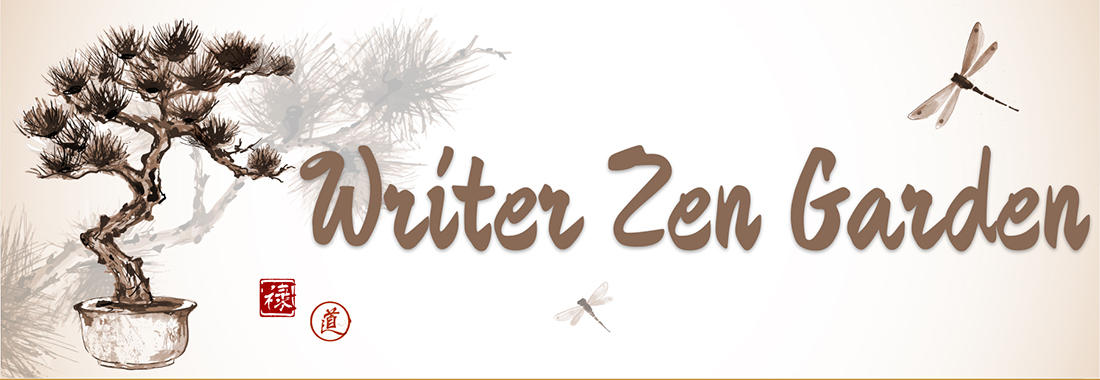Contributed by J. Scott Coatsworth, author, publisher, and community organizer.
When ACatherine Noon asked me to write something for the Writer Zen Garden, I had no idea what I should write about. And she was no help whatsoever, giving me only the letter Q as a prompt.
Fortunately the word “queer” came to the rescue.
Queer has a long history in Western Culture. Probably coming from the German word “quer,” it meant something odd or perverse. It wasn’t until the 1900s that it became attached to sexual orientation, specifically gay men, and by the 1950’s it was a fairly widespread slur for men who preferred the company of other men.
As such, it became a source of great pain for gay men who grew up in that era, and who heard it sneered at them by straight men, often accompanied with threats of violence, or worse.
I was born in 1968, and grew up after the word queer had fallen out of general use as a slur in most places. The word faggot took its place for my generation, and I still have a hard time even writing that vile word. So it gives me a window into how the word “queer” makes the baby boomer generation feel even now.
In the 1980’s the gay and lesbian community (later the GLB, GLBT, LGBT, LGBTQ, and LGBTIQA, but that’s a whole ‘nuther conversation about evolution and inclusivity) decided it wanted to reclaim the word, and began using it themselves to remove the sting. Even so, it’s still fraught for many folks to this day.
Marissa Higgins at “Bustle” describes the inherent difficulties in the use of the word well:
“As I remarked before, whether or not someone identifies with and uses the word “queer” is an intensely personal decision. For myself personally, the word ‘queer’ is one I use comfortably when it comes to academic discourse and discussing the ‘community.’ I avoid using it as a way of describing others, and generally avoid using it as a way to describe my own orientation, as I prefer a more specific label. Admittedly, as a woman of the Millennial generation who grew up in a relatively liberal area, I never experienced ‘queer’ as a slur, so I have fewer negative feelings attached to it than many of my peers, especially those in the older generation.”
When I created Queer Sci Fi in 2014, I was looking for a word that would encompass the entire community. I chose “queer” because “rainbow” and “lavender” were so overdone, LGBT seemed insufficient for inclusivity, and LGBTIQA was such a mouthful.
But the generational divide over the word is real and persistent. I’ve had some of the older folks in the community take great offense at the use of the word “queer” in the Queer Sci Fi moniker. It hasn’t happened in a while, but a discussion in 2018 about which words we should use as a community showed that there was still a fair amount of disgust with the word “queer” among our elders.
I am a big fan of reclamation, and also of inclusion. “Queer” serves both those purposes, and so It works for Queer Sci Fi and QueeRomance Ink.
But we must always be mindful of the history of it, and the harm it once did to our community.
We still have a lot of work to do.






 BIO –
BIO –